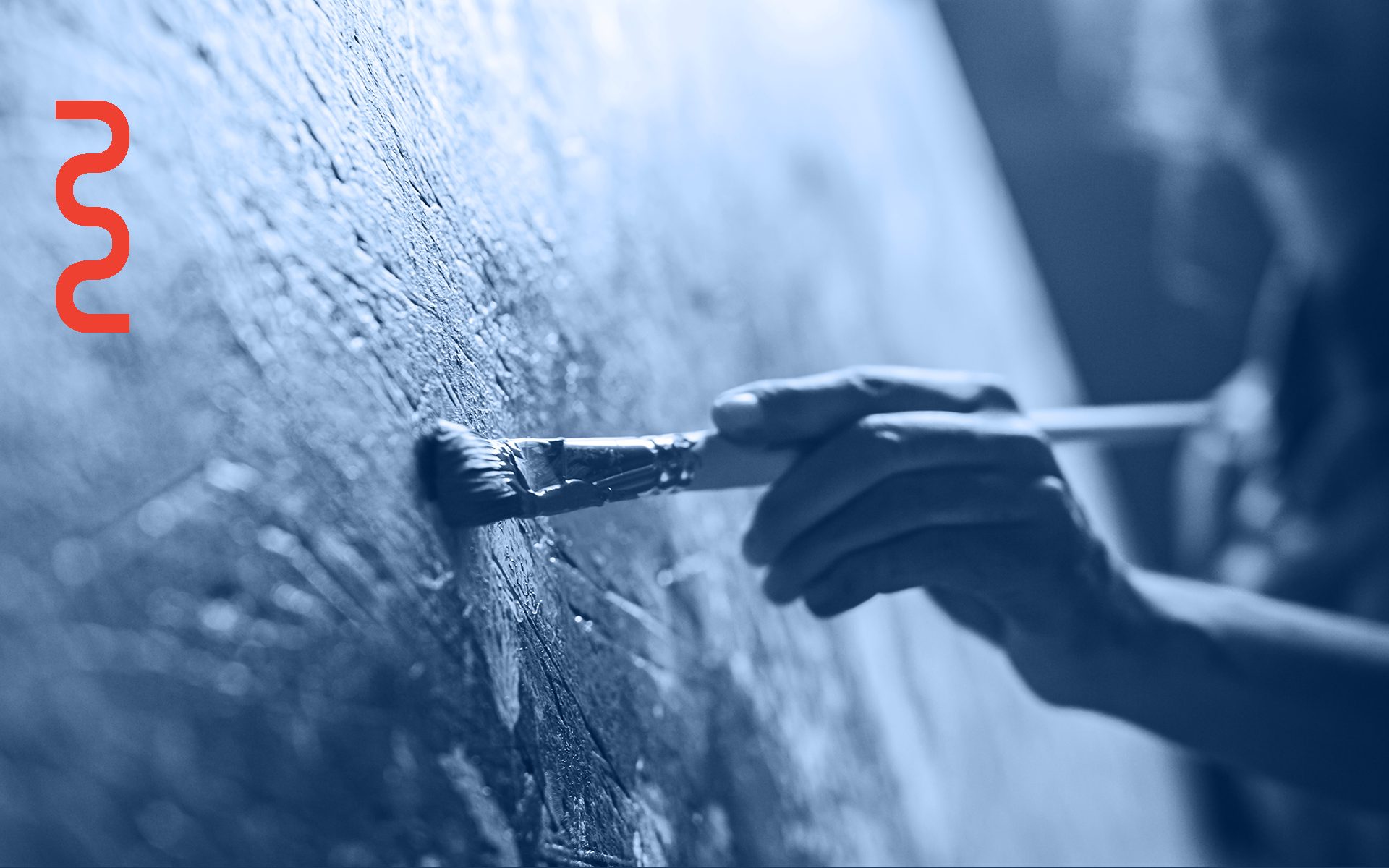Subscribe:
Since the NASA Challenger Space Shuttle exploded in 1986, the idea of space flight was relegated to science fiction books, movies, and bingeable TV series. But over the past 15 years, we’ve entered a new space age, with juggernauts like Virgin Galactic, SpaceX, and Blue Origin laying the foundations of a brand-new commercial space flight industry.
Given the complexity of their work and the risks involved in space flight, the only thing they can be certain about is uncertainty. And sometimes, when developing this kind of technology, people can get hurt. That’s exactly what happened in 2014 when SpaceShipTwo, a ship developed by Virgin Galactic, was torn apart during a test flight.
Investigators attributed the crash to pilot error. One of the pilots deployed the ship’s feathering system, which stabilizes the ship upon atmosphere re-entry, too early in the flight. The craft was travelling too slow for the system to have the intended effect, which subjected the wings to too much force, causing the craft to disintegrate.
The crash was a pivotal moment for a young industry. Sen Chai, Associate Professor of Strategy and Organization at the Desautels Faculty of Management, documented how key stakeholders reacted in a research paper. She found that, in this case, the catastrophic failure of SpaceShipTwo catalyzed a coming-together of industry leaders – who we might normally expect to be fiercely direct competitors – to defend Virgin Galactic during the ensuing public backlash.
Critics deemed commercial space flight frivolous, dangerous, and unnecessary. The big companies in this sector were also founded by billionaires, which only exacerbated this negative view.
Richard Branson, a telecom magnate from the United Kingdom, founded Virgin Galactic in 2004, joining a very small club of tech billionaires who also owned space companies. His peers included Jeff Bezos (founder of Blue Origin) and Elon Musk (founder of SpaceX).
In nascent industries like this one, companies interact with each other through a mix of competition and cooperation, explained Professor Chai on the Delve podcast.
“In the very beginning, because there are so few firms, and because there is so much uncertainty, a lot of these firms will band together to legitimate the industry,” she said.
In this case, the crash of SpaceShipTwo catalyzed the cooperation of key industry players. The incident called into question not just the legitimacy of Virgin Galactic, but of the industry writ large. Recognizing what could be an existential threat, competitors came to their defence.
Professor Chai said that money could have been a motivator here. Space flight is expensive, and no one wants to lose on their investment. Protecting Virgin Galactic is a way for competitors to protect their own company.
But, more importantly, this coalescence of the industry was also driven by a shared passion for discovery.
“For space travel, especially for those who are in support of the industry, it’s about getting outside of what humanity can do, to explore further than what’s under our own noses,” said Professor Chai.
A Lesson in Pre-emptive Communication
Compared to other space companies, Virgin Galactic’s SpaceShipTwo crash seems to have generated a uniquely visceral public reaction. Professor Chai is still investigating why, but she shared some preliminary insights.
Perhaps the most obvious reason is someone died. Other companies, like SpaceX, deal primarily in unmanned space flight, which avoids potential loss of life.
Part of it also comes down to messaging. Before the ill-fated SpaceShipTwo test flight, spokespeople at Virgin Galactic projected an air of certainty, downplaying the risks involved. SpaceX, however, has a different strategy when communicating about its innovations: they tell stakeholders to expect failure as part of the innovation process. So, when a crash occurs, it comes as less of a shock to the community and softens any backlash that might have been generated by the incident.
Virgin Galactic has since adopted a similar strategy, said professor Chai. Indeed, in a business as risky as theirs, transparency could be the antidote to risk and uncertainty.
—
For more insights about SpaceShipTwo and the commercial space flight industry, listen to our podcast interview with Professor Chai, now streaming wherever you download podcasts.
This article is written by Eric Dicaire.
Delve is the official thought leadership platform of McGill University’s Desautels Faculty of Management. Subscribe to the Delve podcast on all major podcast platforms, including Apple podcasts and Spotify, and follow Delve on LinkedIn, Facebook, Twitter, Instagram, and YouTube.














